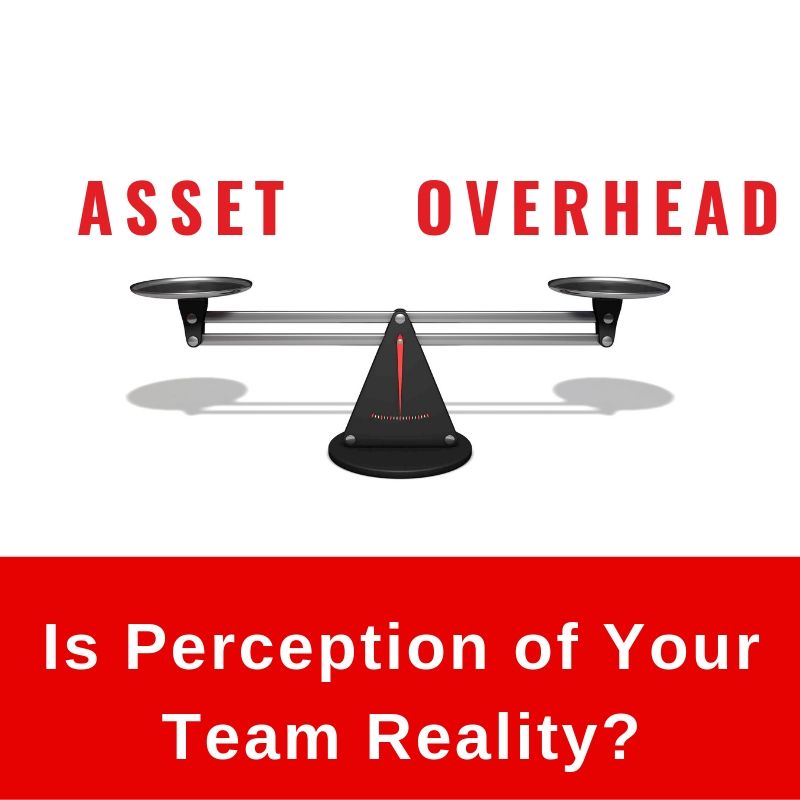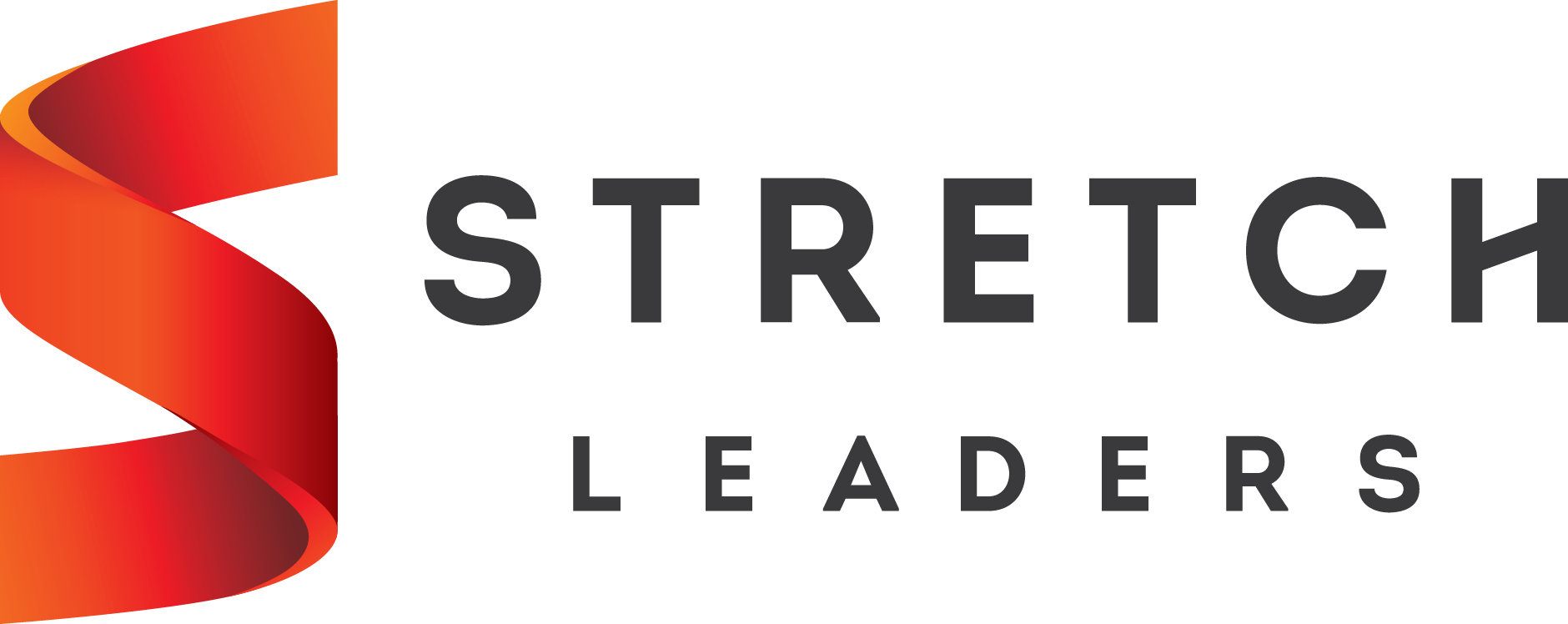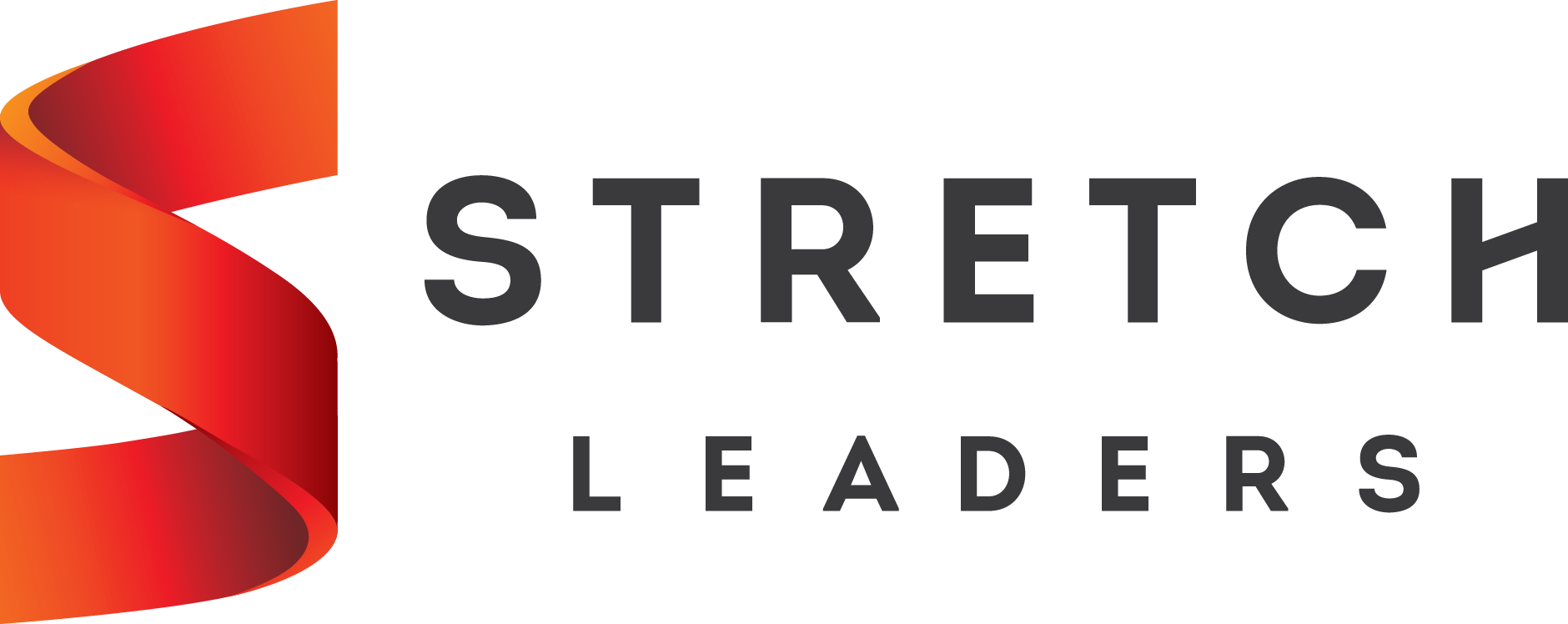Does Your Team Get the Recognition it Deserves?

Is your team recognised for the value it has to offer?
Does your team have the level of influence it needs to support the business they way you know it can?
One way to look at this is to assess whether your team is seen to be an asset that adds value to decision making or a necessary overhead.
In this article we look at:
- three indicators that your team may be seen as an overhead, and
- three indicators that your team is recognised as an asset.
How does your team measure up?
Three Indicators Your Team is Seen as an Overhead

1. Questions received by the team focus on technical, compliance and process matters.
Do most of the questions your team get asked start with “how do I…”?
If so, your team may not be seen as the asset they are.
Being a source of information about how to complete tasks the right way is valuable. People often prefer to ask a quick question rather than look up the process for themselves.
They may love your team for being helpful. But that is not the same as being seen as an asset.

2. Your team members are not consistently invited to meetings where they could add value.
Have you ever heard that a meeting has happened about an important topic but none of your team were invited?
Worse still, a decision has been made without consulting you or your team, and now there are consequences your team will have to manage. Consequences that could have been avoided if your team had been represented at the meeting.
Your team has expertise and ideas. They can help, but they are not seen as being central to decision making.

3. The services your team offers are seen as needed to make the business run. But they are not recognised as adding value to their team or customers.
Everyone knows businesses need finance, HR and ICT teams.
They want salaries and bills to be paid, support with recruitment and performance management, and they want technology to make their jobs easier.
When everything goes right, it’s doing what is expected. If things go wrong, it’s a problem. Sometimes problems seem to get blown out of proportion.
Front line teams know your team has to exist. However, they can’t see all the other ways your team adds value to the business.
Three Indicators Your Team is Seen as an Asset

1. Leaders proactively seek out advice from your team on all important matters
Your team is recognised for adding value to decision making. Not just because of the technical expertise they offer.
But because they contribute to the broader discussion. Central teams have insight into what happens in many parts of the business. As a result, they can often see consequences of decisions that others might miss.
Does your team always make a meaningful contribution to the debate?
Do the decision makers recognise their contribution as being useful?

Key stakeholders welcome your team's innovative solutions
Leaders want solutions. It is one thing to be able to critique someone else’s idea. Its another thing to offer suggestions on how to make it work or work better. And still another to generate a new idea.
We can all come up with ideas. And there are some simple techniques to help you activate the creative part of your brain. But innovation is harder for some people.
Team Management Systems conducted research into how personality preferences impact peoples’ work styles.
Their research shows that:
- some people’s preferences make them ideally suited to innovation.
- Others will be brilliant at evaluating ideas and making them workable.
- While another group will be great at delivery.
It is important to understand where you fit. It can easily impact how you respond to ideas. This in turn will affect how people see your contribution to the discussion. And the same goes for your team.

2. Your team is recognised for the positive contribution they make to delivering results
Results matter.
In the current climate, there seems to be an endless list of projects. All a priority to someone in the business. All on top of a regular workload.
I remember being at a strategic planning meeting. At the time I was CFO, and there were seven other members of the Executive. We were each invited to bring out top 5 projects for the year. There were some great ideas. All of them had merit. All were a priority to that member of the Exec and their team.
As I listened, I realised that most projects would need the support of finance. We would need to build the business case and assist the implementation. I suspect the Executives for HR and ICT were thinking the same.
While each of the Operations Exec had just 5 projects, I could see that my team would be supporting 30 -35. Research shows that the more projects you have, the less likely you are to deliver any of them. I had to help the group come up with a way to prioritise the ideas. That way we could all ensure that our effort was focussed on delivering the projects that added most value 1st.
Results matter.
But how you deliver the results is equally important. How you and your team participate in teams will have a significant impact on how your team is perceived. This can put team members outside their comfort zone.
Often project teams involve different people. Each person has their own set of preferences. How they like to work. What language they respond best to. How they prefer to be engaged.
It is possible for team members to learn this. Then they can adapt how they present information and ideas. This will help them get their point of view heard. And it will increase their influence.
How did you go? Does your team valued?
If your team is not getting the recognition they deserve, I may be able to help.
Simply book a complimentary consultation to find out. Click Here

